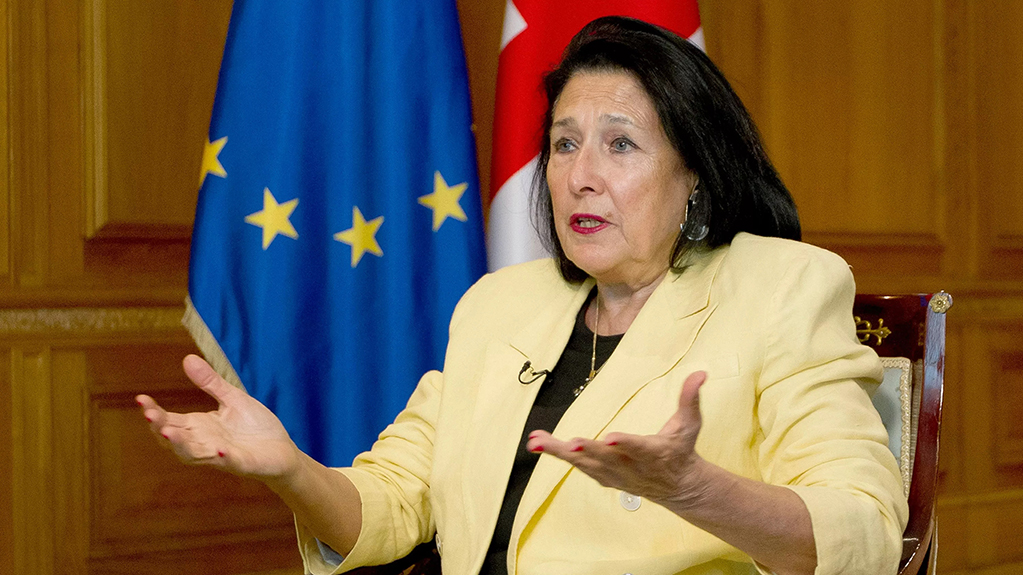President Salome Zourabichvili has expressed a willingness to consider remaining in office for a second term to steer Georgia back onto the European path. He made this statement in an interview with the French publication Le Figaro when asked about his personal political future after the end of his current presidential mandate.
News
"I am ready to take on great responsibility, including a second term, to return Georgia to the European path. If the charter I proposed is implemented, I am prepared to act as a negotiator with our European partners," said Zourabichvili.
According to the President, the Georgian Charter, which has been signed by the majority of opposition parties, is based on the European recommendations presented to Georgia by the European Union over the last two years as part of the process of granting candidate status.
"These recommendations relate to the independence of the judiciary and, more broadly, to all the country's institutions, as well as to the reform of the electoral code. The charter calls for the repeal of laws passed in recent years that hinder rapprochement with the European Union and ignore Article 78 of the Constitution of Georgia, which mandates that the country's institutions must do everything to ensure Georgia's integration into the European Union and NATO. The goal is to show the European Union by next spring what progress has been made in meeting these recommendations, in order to secure the right to open membership negotiations," the president explained.
Salome Zourabichvili emphasized that Georgia is at an existential crossroads - either it will follow its European destiny in the parliamentary elections on October 26, or it will revert to serving Russia, under a regime modeled after Putin's.
"The law on foreign agents was not called the Russian law for nothing: it was through this law that Putin subdued his civil society, and the actions taken by the Georgian authorities perfectly align with what Putin is doing.
The Georgian government is trying to cut the country off from Europe and place it under Russian control. Last spring, the people rejected this law and the direction it represented through mass protests, but now they must reaffirm this choice in the elections.
The Georgian government has made a very clear move toward Moscow.
This became apparent after the full-scale invasion of Ukraine, since when attacks on the Western diplomatic corps have become systematic. The government has abandoned its historical pro-Western stance in favor of ties with Moscow. This is why Russian leaders regularly congratulate their Georgian counterparts on their decisions and statements. Whether this is solely an initiative of the ruling party, Georgian Dream, or a result of Kremlin pressure is hard to say, but it is clear that this policy is dictated by oligarch Bidzina Ivanishvili, whose relationship with Moscow is extremely opaque," the president said.
Salome Zourabichvili’s term of office expires in December 2024. She is the last directly elected president, and the next president will be chosen by an electoral college for a five-year term, through a secret ballot without debate. The presidential election must be held within 45 days of the first session of the newly elected parliament. According to Article 50 of the Constitution, the electoral college consists of 300 voters, including all members of parliament and the highest representative bodies of the autonomous republics of Abkhazia and Adjara. Other representatives are appointed by political parties from local self-government bodies - councils - based on set quotas. In the first round, the candidate who receives the most votes, but no fewer than a majority of the total number of voters, will be considered elected.















